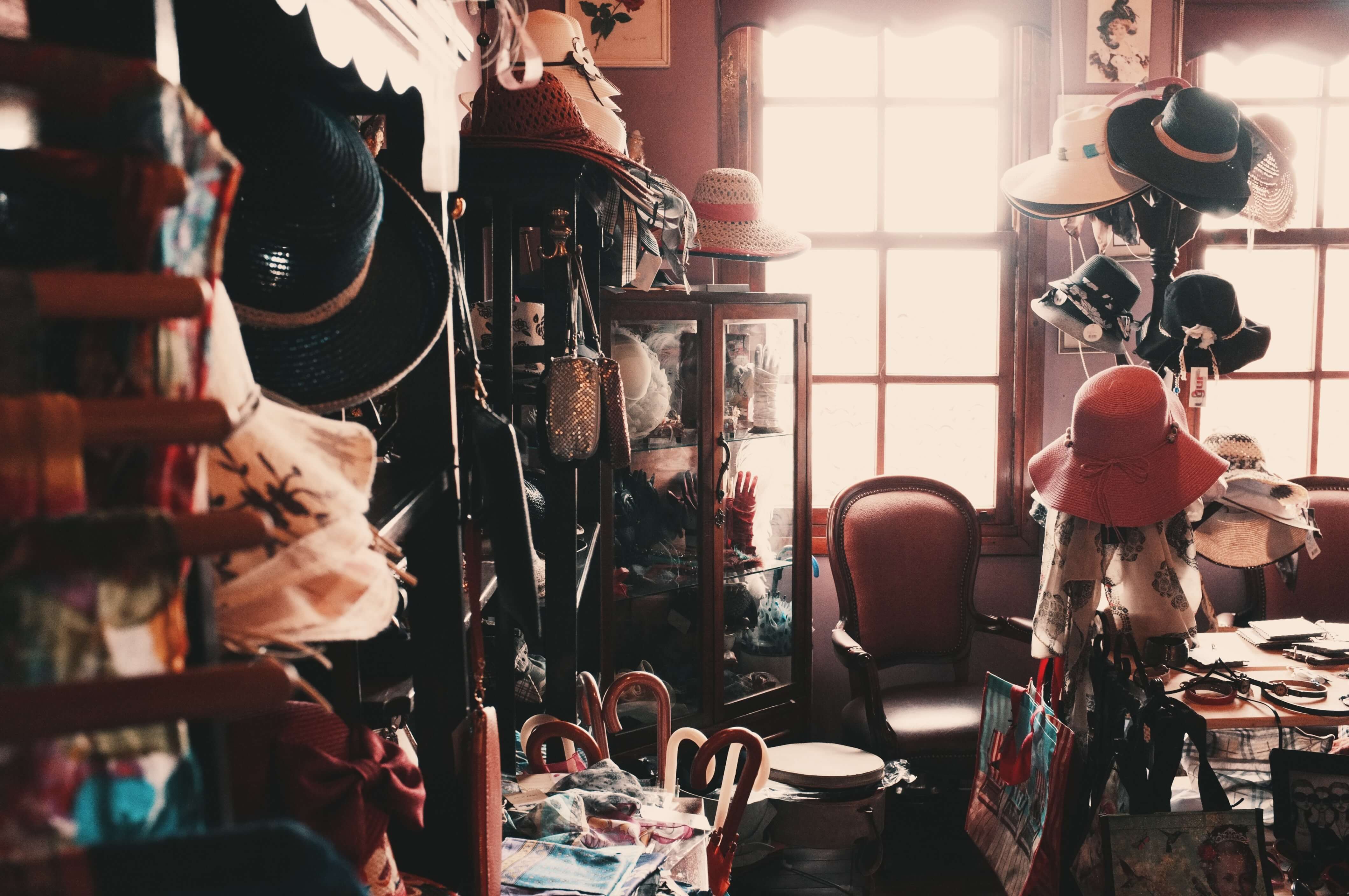

 Welcome to...
Welcome to...We believe you are trying to shop from the following location: Rest of the world
To enjoy low cost shipping and local currencies please allow us to redirect you to our local store.
Free samples on orders over $90
Choose 3 for $65 or 5 for $95
Choose 2 from $150
Choose 2 for $30

The fashion industry is one of the most polluting industries in the world. It is responsible for climate change, carbon emission, and plastic pollution. Only in the US, an average citizen throws away 37kg of clothes every year, 85% of which is dumped into a landfill or burnt.
More than 60% of our clothing consists of synthetic materials or a mix of natural & synthetic. When worn or washed, clothes made out of synthetic materials such as polyester, nylon, or acrylic, release plastic microfibers. Every time we wash our synthetic clothes, an average of 9 million microfibers are released into the wastewater. Research has shown that during the first four to five washes, the most fibers are released, so new clothes pollute the environment with plastic more than used ones.
However, the environmental impact of clothing is enormous, not only at its end-of-life but also during manufacturing and use. The price of a clothing item never includes its environmental and social cost, and that’s why we are joining Oxfam in their campaign Second Hand September.
 Photo by allison christine on Unsplash
Photo by allison christine on Unsplash
In 2014, consumers around the world bought on average 60% more clothing than they did in 2000 but kept it for half as long. We have reached a point where we are treating our clothing like single-use plastics, throwing it away after short use.
Social pressure, fashion trends, and instant gratification are some of the reasons why people toss their clothes after just one or two wears. Fear of being seen with the same dress twice on social media or the rewarding feeling after buying a new clothing item might bring short-term satisfaction for our self-esteem, but long-term devastating consequences for the environment and our own health.
However, not everything is bad news! The second-hand apparel market is predicted to grow nearly 1.5 times the size of fast fashion by 2028 and expected to double its worth in the next three years. Due to the COVID-19 outbreak and the measures to contain it, the global fast fashion market has been seriously affected and it is not expected to recover until 2023. This offers an opportunity for fashion retailers to reinvent and change their business model, hopefully towards a more sustainable and circular one.
One of the main actors in the change of mentality towards slow fashion is Generation Z, leaning towards and spurring sustainable fashion. Multiple platforms and apps are emerging as a consequence of this change of mentality, where consumers can sell the clothes they no longer want from the palm of their hand.

We dare you to, at least throughout this month, not buy any new clothing. Go for second-hand clothing!
Some businesses sell only second hand clothing items or are a re sell platform for users to sell their pre loved items instead of them just going in to landfill. These are some of the more popular websites where you can shop preowned items, you will be surprised about what you can find on there!
https://www.thrifted.com/
https://marketplace.asos.com/
https://www.depop.com/
https://refashioner.com/
https://www.ebay.co.uk/
Like this article? Sign up to our newsletter to get more delivered straight to your inbox
_____________
References:
https://www.oceancleanwash.org/2020/09/second-hand-september-moving-towards-sustainable-fashion/
The Sunday Scroll: Music as a Personality Trait
The Sunday Scroll: Internet Is Obsessed With Soft Power
The Sunday Scroll: Awards Season as a Mood
Customer service
Talk to us via chat. 9-5pm EST. Wed - Sun
Fast Free Shipping
Get free shipping on orders of $100 or more
New Customers
New customers can enjoy 10% off their first order.
Secure payment
Your payment information is processed securely


Share:
It's Read A Book Day - 10 LGBT History Books We Recommend
We Have An Update!